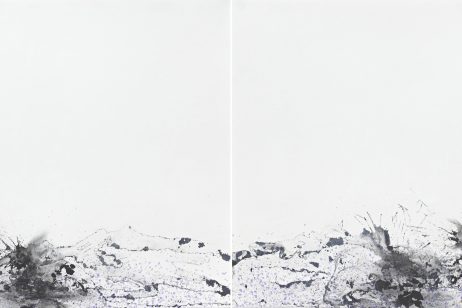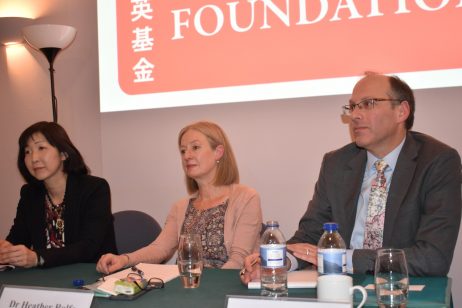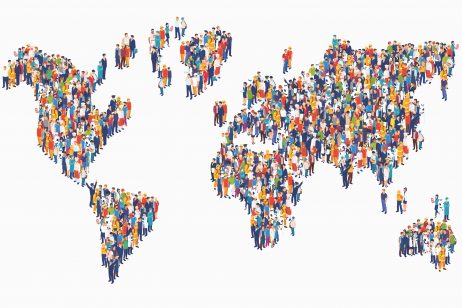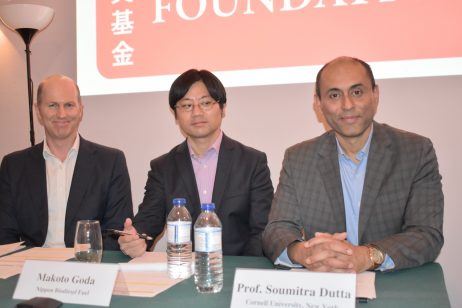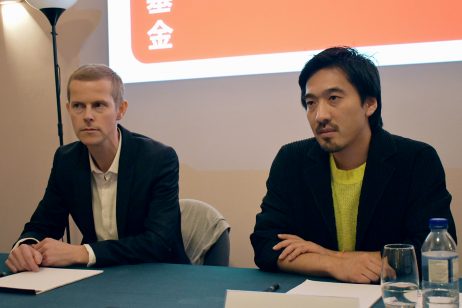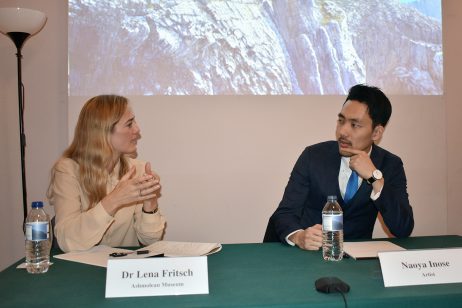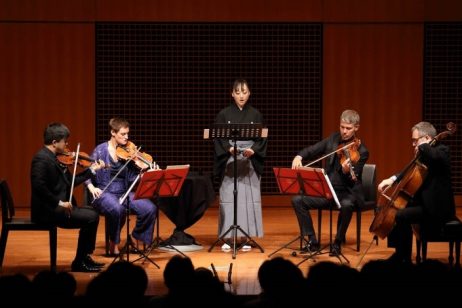8 November 2019
Can museums promote regional revitalization?
Museums can play an important part in transforming local areas, helping to rejuvenate towns and cities by creating new jobs, boosting local tourism efforts, engaging in outreach programmers and changing the image and atmosphere of an area. Yet how do museums contribute to revitalization efforts? Can all museums have this effect? To answer these questions, David Anderson, Director of Amgueddfa Cymru (National Museum Wales) and Professor Yoshi Miki, curator of the Kizuna: Japan | Wales | Design exhibition, used the Kizuna: Japan | Wales | Design exhibition as a case-study.
More info
